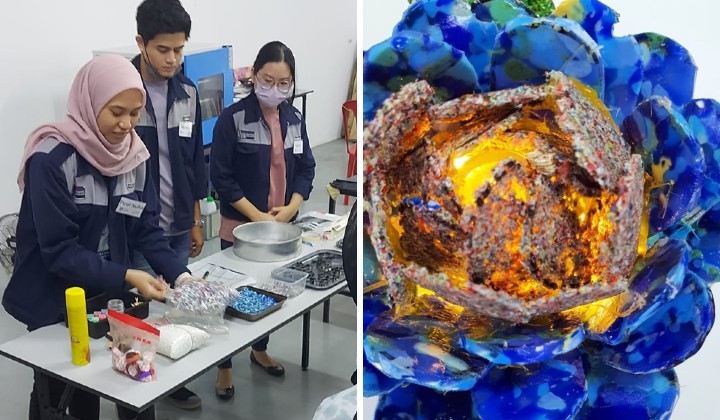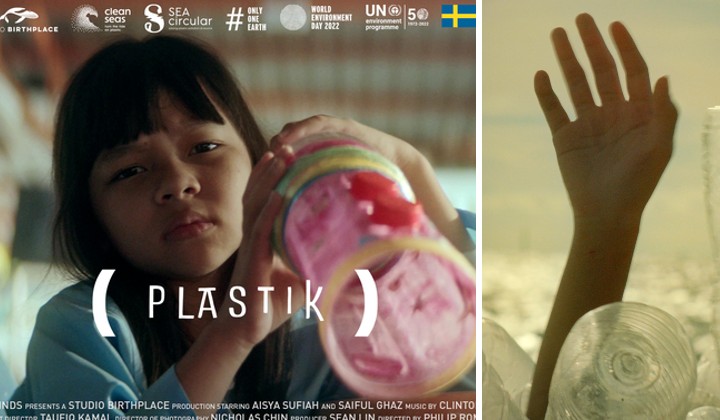Blanket Bans On All Plastics Is Unsustainable, Says Malaysian Plastics Industry
Plastic isn’t the problem, but illegal plastic waste definitely is.
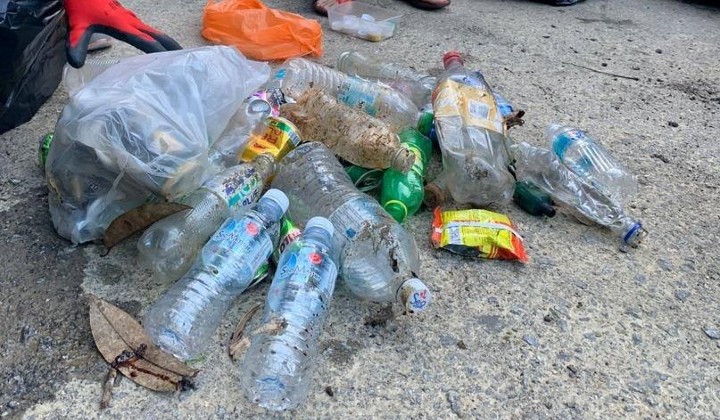
Subscribe to our Telegram channel for the latest stories and updates.
Plastic waste is a huge problem in Malaysia, due to large amounts of plastic waste both in the country and imported from overseas.
However, the recent calls for a total blanket ban on imported plastic waste has raised concerns from the plastic recycling industry in Malaysia, claiming that an outright blanket ban is unsustainable and does not help solve the issue.
In a joint statement by the Malaysian Plastics Manufacturers Association (MPMA) and the Malaysian Plastics Recyclers Association (MPRA), they claim that the war on plastics should focus on the better management of plastics, not a blanket ban.
Not All Plastics
The major problem faced when talking about plastic waste is what is called sampah plastik. This is the dirty, soiled plastic waste that was illegally shipped into Malaysia that caused controversy.
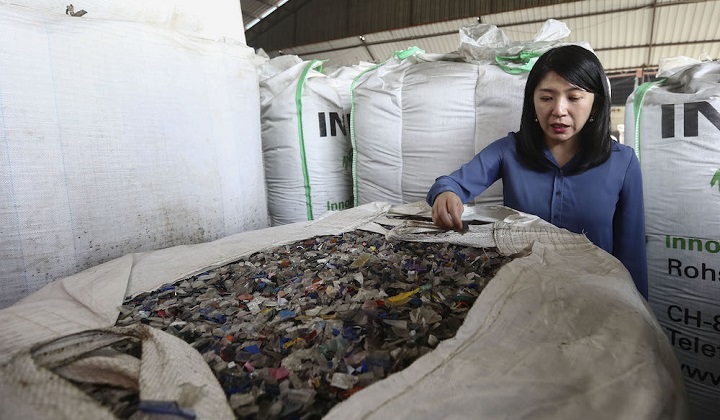
However, legitimate recyclable scrap plastic looks very different.
Legal plastic recyclers comply with proper recycling practices
There are plenty of rules and regulations that legitimate plastic recyclers must abide by to ensure plastic is recycled in an environmentally sound manner as required by the Basel Convention, and must obtain approval and licenses from various government agencies such as the Environment Department (DOE) and the National Solid Waste Management Department (JPSPN).
The Basel Convention, amended in January 2021, regulates the transboundary movement of plastics recycleable materials. Only clean homogenous recyclable scrap material can be imported, and only in a controlled and regulated manner.
Because both MPMA and MPRA adhere closely to all the legalities of plastic recycling, they actually ensure all this plastic waste is given a second life instead of taking up space in landfills.
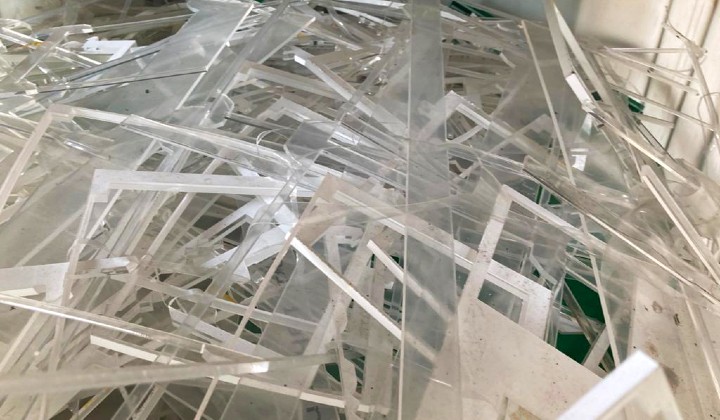
(Credit: MPMA)
While it is true that plastic waste is a huge problem, completely banning its production and usage is not the solution. Instead, more focus should be made on developing a circular economy which reuses instead of discarding materials through a more comprehensive waste management system.
Plastic isn’t the problem. The problem is the way they are irresponsibly discarded.
Share your thoughts with us on TRP’s Facebook, Twitter, and Instagram.
Anne is an advocate of sustainable living and the circular economy, and has managed to mum-nag the team into using reusable containers to tapau food. She is also a proud parent of 4 cats and 1 rabbit.





